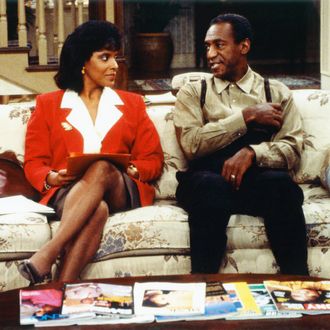
It doesn’t seem fair, but research suggests that as we get older, our own stories — the things we experienced firsthand — are among the first memories to go. But a long-term partner may help recover some of those forgotten autobiographical memories — at least, the ones you experienced together, suggests a new paper in the journal Memory Studies.
The researchers, led by Celia Harris of Macquarie University in Sydney, first asked couples to work together to create a list of the vacations they’d taken together; they were okay, but not great at that. But Harris and her colleagues noticed something else happening, as Alex Fradera writes over at the British Psychological Society’s Research Digest:
[T]hese social sessions were filled with anecdotes and tangents that weren’t generated in the solo sessions. This inspired them to depart from testing memory for lists of words and events, and to explore the amount of rich, in-depth information remembered by couples about experienced events.
Together, couples were able to put together “richer, more vivid descriptions” of moments they’d shared, and, at times, the way one partner remembered something helped the other person see an old memory in a new light. Though, of course, we also know that human memory is incredibly faulty, and that a story can change from one telling to another. So it’s less that couples help each other remember an objectively accurate account of what happened and more like they help each other put the event in its proper emotional context.
The memory-enhancing effect was most pronounced in older couples, and it worked better for partners who were kinder to each other and who reported having more intimate relationships, Fradera notes. Be nice to your partner; he or she may be the keeper of many of your memories.




